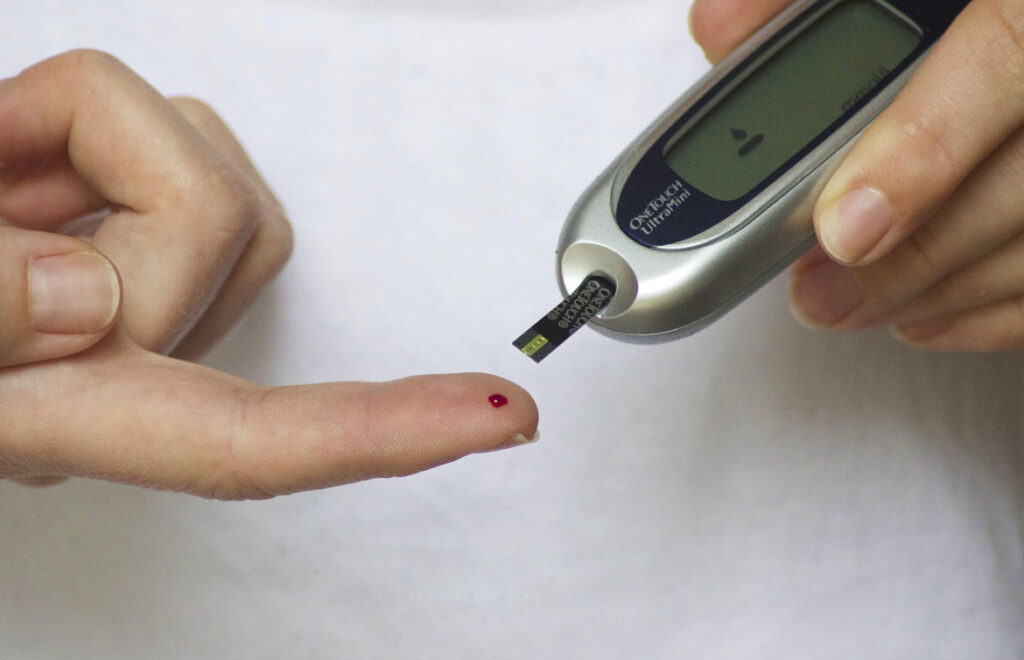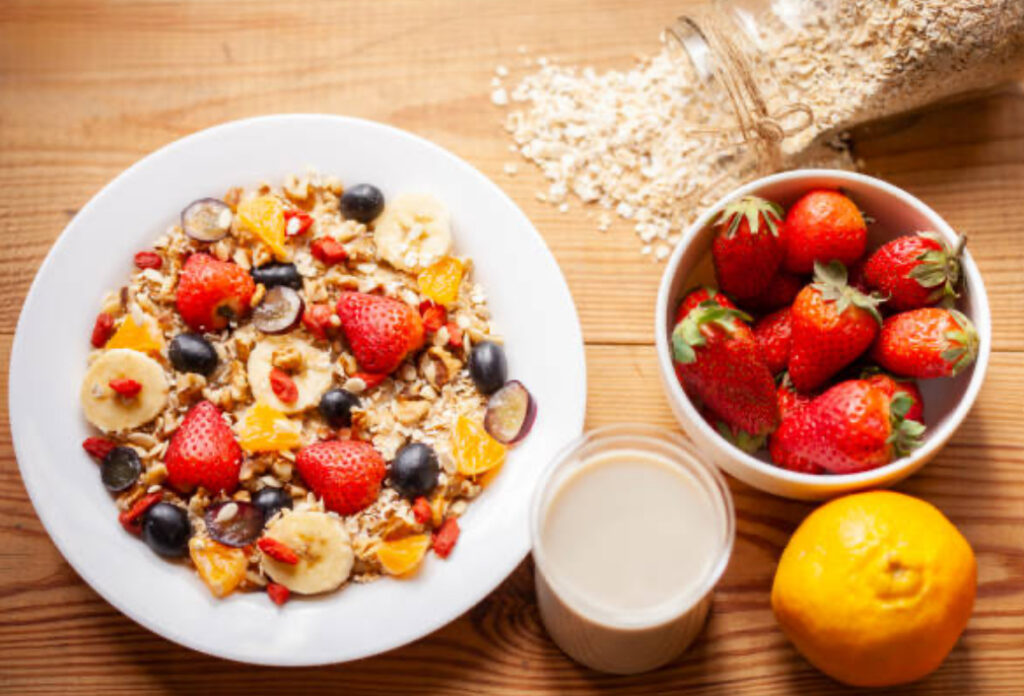Synopsis
The best time to eat breakfast plays a vital role in supporting metabolism, energy, and cognitive health. Leading experts suggest that eating within an hour of waking enhances insulin response, stabilizes blood sugar, and reduces unhealthy snacking. A well-balanced, early morning meal helps kickstart your day on the right metabolic note.
If you tend to delay breakfast until mid-morning—or worse, skip it entirely—you may be disrupting more than just your hunger cues. According to Dr. Trisha Pasricha, a renowned gastroenterologist affiliated with Harvard Medical School, when you eat your first meal of the day can be just as important as what you eat. Her advice? Aim to eat breakfast as early as possible after waking up.
Table of Contents
Why Early Breakfast Matters
Dr. Pasricha explains that our metabolic machinery is most efficient in the morning. Right after waking, the body’s insulin sensitivity is at its peak. This means that your system is better at processing glucose and keeping blood sugar levels stable—a key factor in preventing energy crashes and long-term metabolic issues.

However, as the day progresses and melatonin (the sleep hormone) begins to rise toward the evening, insulin sensitivity wanes. This makes it harder for your body to process even healthy foods like fruits or oats in the evening hours without a potential blood sugar spike.
The Risks of Skipping Breakfast
Skipping breakfast might seem like a harmless habit—or even a weight-loss tactic—but it can backfire. According to Dr. Pasricha, avoiding a morning meal can impair memory, reduce focus, and make you more prone to poor food choices throughout the day. The reason? Your body is trying to compensate for the lack of fuel, often leading to cravings for high-sugar or high-fat snacks later.
A publication from Harvard Health Publishing reinforces this point, describing breakfast as the essential meal that literally “breaks the fast” of your overnight rest. While you sleep, your body uses stored energy to support essential functions like breathing, cell repair, and brain activity. By morning, these energy reserves are low and need replenishment to restore glucose levels—vital for both mental clarity and physical performance.
Three Breakfast Timing Rules to Follow

- Eat Within One Hour of Waking: Fuel your body early to synchronize your metabolism with your natural circadian rhythm.
- Choose a Balanced Meal: Combine complex carbs, lean protein, and healthy fats. This prevents sugar crashes and keeps you fuller longer.
- Avoid Processed Sugars: Instead of sugary cereals or pastries, opt for whole foods like oats, fruits, nuts, or eggs.
Smart Breakfast Options to Start Your Day Right

- A bowl of plain Greek yogurt topped with seasonal berries and almonds
- Steel-cut oatmeal with sliced bananas, walnuts, and a sprinkle of cinnamon
- Whole grain toast with natural peanut butter or almond butter
- Scrambled eggs or a veggie omelette with whole wheat toast
- Black beans with avocado and a corn tortilla for a protein-rich start
Final Thoughts
The takeaway is clear: breakfast isn’t just about eating—it’s about timing, balance, and quality. Eating early aligns with your body’s natural rhythm, enhances cognitive performance, and supports long-term metabolic health. So next time you rise and shine, do your body a favor—grab a wholesome breakfast, and do it early.
FAQs about the Best Time to Eat Breakfast
What is the best time to eat breakfast according to Harvard experts?
Experts recommend eating breakfast within one hour of waking up. This helps align your metabolism with your body’s natural circadian rhythm and improves blood sugar regulation
Why is insulin sensitivity higher in the morning?
In the morning, insulin—the hormone that regulates blood sugar—is more effective. This allows your body to better process glucose and convert food into energy efficiently.
Can skipping breakfast affect memory or brain function?
Yes. Skipping breakfast may lead to reduced focus, impaired memory, and poor food choices later in the day due to unstable blood sugar levels.
What are some healthy breakfast ideas for busy mornings?
Quick and healthy options include: Greek yogurt with berries and nuts, oatmeal with bananas and chia seeds, whole grain toast with nut butter, veggie omelet, or smoothies with fruits and protein.
Is eating breakfast necessary for weight management?
Yes. Eating a nutritious breakfast early in the day helps control appetite, reduces cravings, and may support better weight management by preventing overeating later.
Can I drink only coffee and still call it breakfast?
No. Coffee alone doesn’t provide enough nutrients or energy. For a true breakfast, include a source of protein, fiber, and healthy fats alongside your coffee.
How does breakfast influence the body’s circadian rhythm?
Breakfast acts as a cue for the body’s internal clock, helping regulate hormones, digestion, and metabolism in sync with the natural day-night cycle.
Also Read:
